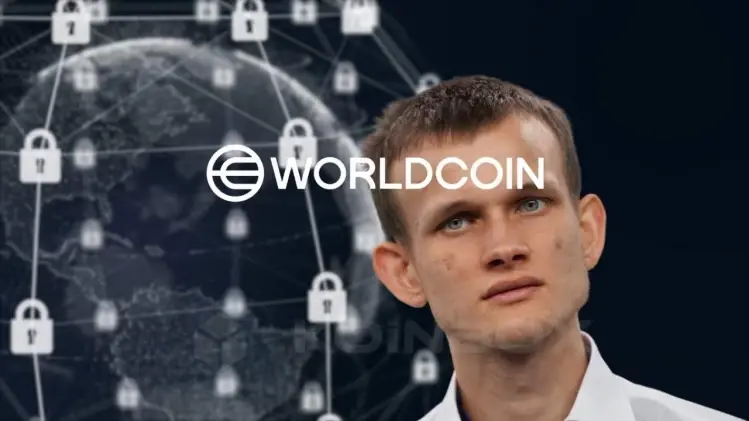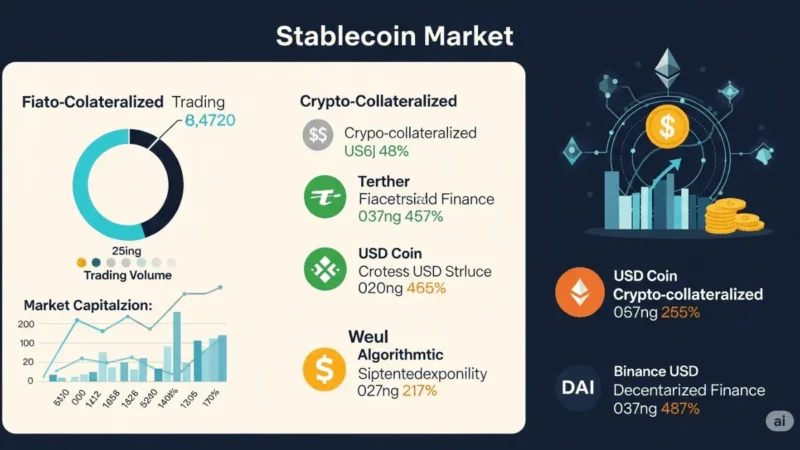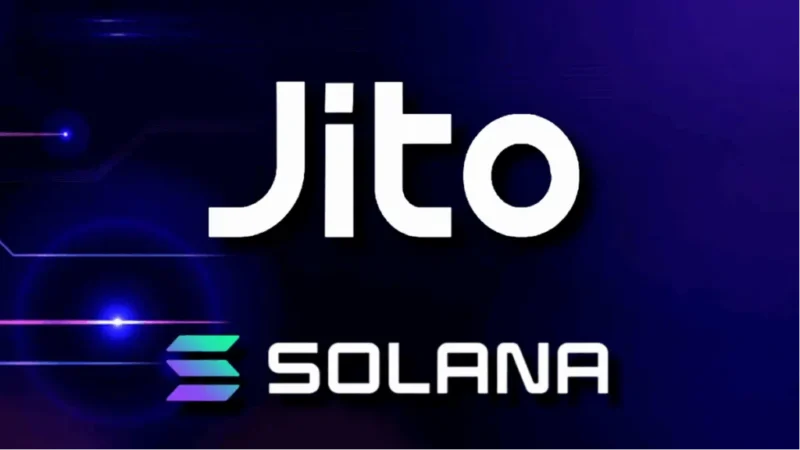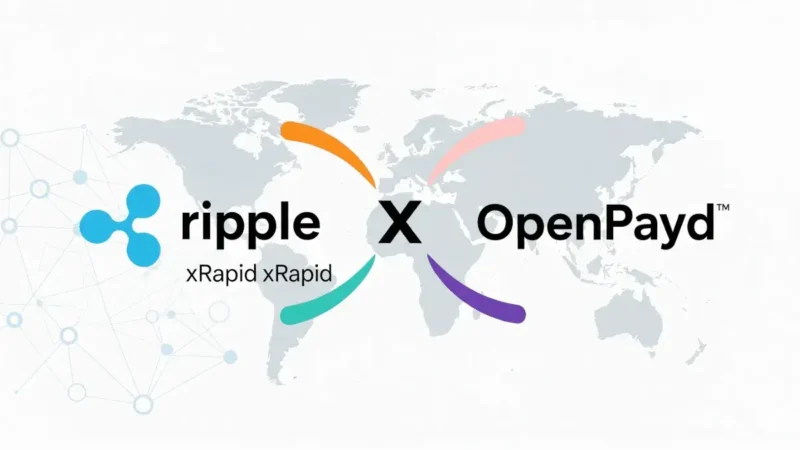Why Vitalik Buterin’s stance on Worldcoin (WLD) is ambiguous

Shortly after the publication of the controversial Worldcoin (WLD) project, Vitalik Buterin expressed ambivalence about the technology. The Ethereum inventor is convinced of the need for digital identities. Without them, the Internet would become the property of a few big companies. However, there should not be complete surveillance.
Why Vitalik Buterin’s stance on Worldcoin (WLD) is ambiguous
A few hours ago, the controversial crypto project Worldcoin (WLD) went live . In the meantime, the Ethereum inventor has also commented on this. His opinion settles between supporters and critics. But why is Vitalik Buterin’s attitude ambiguous?
One of the trickier but potentially most valuable tools the Ethereum community is trying to develop is a decentralized Proof-of-Personhood solution.
Worldcoin is one such solution. By scanning the iris of the user, Worldcoin can prove the existence of the user as a human being and, after successful identification, provides each person with a World ID, which then serves as a kind of anonymous ID on the Internet.
Buterin sees Worldcoin’s plans for the future as exemplary. The company has therefore agreed to subject itself to increasing decentralization over time.
First, Tools For Humanity – the parent company of Worldcoin – wants to make the necessary technology widely available so that interested parties can register without much ado. The eye scanners “Orbs” are to be set up in many cities around the world. Later, the management of Worldcoin will be handed over to the user community.
Worldcoin’s approach is understandable, but not without weaknesses compared to other options. However, Buterin does not join the group of critics who fundamentally reject the recording of biometric data – and there are many of them in the crypto scene.
“The creation of digital identities will take years”
Buterin also believes that creating reliable digital identities that will resonate within the crypto scene will take years. However, he is also convinced that Worldcoin has the necessary adaptability and will to establish itself in this area.
Nevertheless, the venture should be difficult for the company around Sam Altman, according to Buterin. This is due to a certain distance to the crypto industry. The assumption of the Ethereum inventor: large parts of the industry may not consider their sensitive personal data to be in good hands with Worldcoin.
“I certainly do not envy the people who attempt this task, and it will probably take years to find a working formula,” Buterin wrote in a blog post.
Buterin demands digital identities
Critics suspect that the collection of biometric data represents an immense risk for users. Abuse by third parties or state institutions is too dangerous. Buterin clearly contradicts this assessment and calls for the use of digital identities.
There is certainly a risk, but “the waiver of proof of identity also entails risks.” In general, the value behind a functioning system for online identification is very valuable. Without such a system, manipulation is far too easy.
A world without proof-of-personhood seems more likely to be one ruled by centralized identity solutions, money, small closed communities, or a combination of all three.
That’s why he’s euphorically awaiting further developments in this area, the programmer summarizes. His former colleague and later Cardano founder Charles Hoskinson already declared at the end of 2022 that the continued existence of crypto depends on decentralized identities.
Hoskinson is therefore planning to implement DIDs (digital identities), which according to previous ideas are created by a classic KYC process, but are to be secured decentrally on the blockchain. Just like with Worldcoin, the identification of a user in Web3 then takes place without the publication of his real name.



